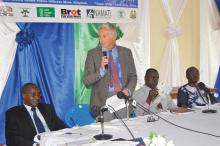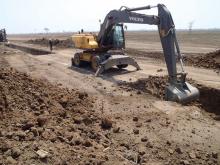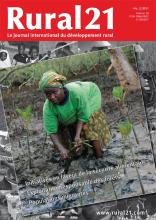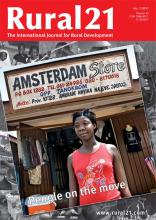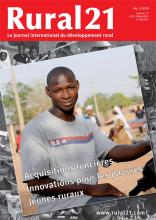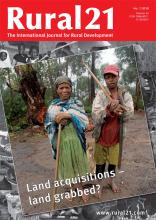Land Library
Welcome to the Land Portal Library. Explore our vast collection of open-access resources (over 74,000) including reports, journal articles, research papers, peer-reviewed publications, legal documents, videos and much more.
/ library resources
Showing items 1 through 9 of 23.Sierra Leone is one of the least developed countries in the world and is still recovering from a civil war that ended in 2002.
The buying up of farmland by international investors is viewed highly critically. However, sweeping judgements could be inappropriate, as our author demonstrates with survey results from Ethiopia and Uganda.
L’urbanisation est souvent considérée comme ayant des effets néfastes sur le développement rural. En fait, c’est tout le contraire.
Rural development and urbanisation are often seen as competing, but in most cases are intimately linked. It is essential that policies re? ect and support the many positive links between rural and urban areas, enterprises and people.
In today’s China, about 220 million rural migrant workers are on the move – this is more than two thirds of the US population – and their number is set to increase in the course of the country’s urbanisation process.
More and more young people are leaving the rural areas and migrating to the cities. Although the industrial and the developing nations come from different starting points, such migration ultimately has the same effect on village life and the rural areas everywhere.
Dans les pays en développement, l'élevage représente plus d'un tiers du produit intérieur agricole brut ; la croissance et la transformation rapides du secteur de l'élevage dans de grandes régions de la planète ont débouché sur une amélioration des revenus et de la situation alimentaire d?un gran
Since the 2008 food price crisis, foreign investors have been acquiring more and more land in poor countries for producing foodstuffs and biofuels for their own use. Such investments have the potential to promote rural development and food security worldwide.
Large land acquisitions can have a deep, lasting e? ect on livelihoods, food security and the future of agriculture, so there is a need for strategic thinking, vigorous public debate and government responsiveness to public concerns, especially in recipient countries

